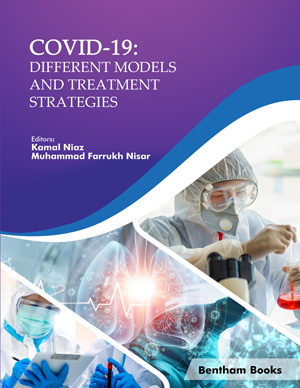Abstract
Background: The prevention of AIDS among undergraduates in Wuhan is a public health priority. An important strategy for students to prevent AIDS is to establish correct moral concepts and cultivate a healthy lifestyle.
Introduction: Through the investigation of MSM and non-MSM population in college students, this study seeks for possible influencing factors and solutions for AIDS prevention in colleges and universities.
Methods: This study was carried out in 15 universities in Wuhan. We recruited 127 MSM students through peer promotion, and 510 non-MSM students were selected by random cluster sampling. The two groups were investigated by anonymous questionnaire, and the questionnaire information was statistically analyzed.
Results: The awareness rate of AIDS-related knowledge among MSM students was 90.8%, while that among non-MSM students, it was 64.6%; neither meets the national requirements. The self- -recognition of MSM undergraduates was 95.0%. Among the 497 non-MSM undergraduates, 65.4% were willing to make friends with the MSM undergraduates. There were statistical differences in the social discrimination attitudes of those who knew AIDS-related knowledge (P<0.01), and the attitudes of those with knowledge of AIDS were more positive.
Conclusion: The MSM students reported a high incidence of high-risk sexual behaviors and a gap between knowledge and behaviors. This study focuses on the comparison of the characteristics of knowledge, attitude, and behavior on AIDS between the two groups of people. AIDS prevention in colleges and universities requires a new way of thinking.
Keywords: Epidemiology, sexual-behavior, prevention, AIDS, intervention, MSM.
Graphical Abstract























